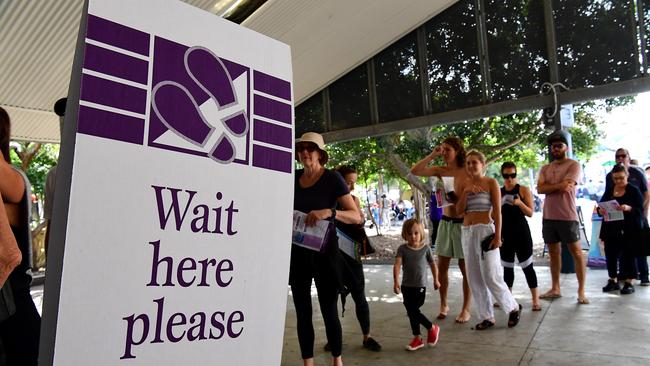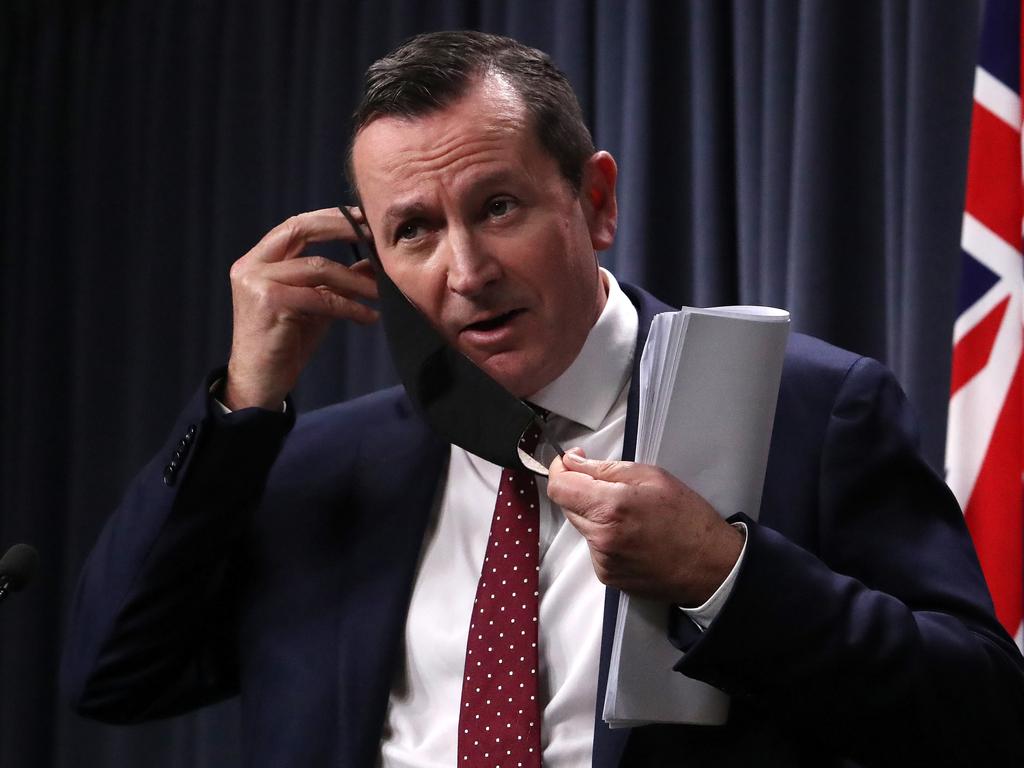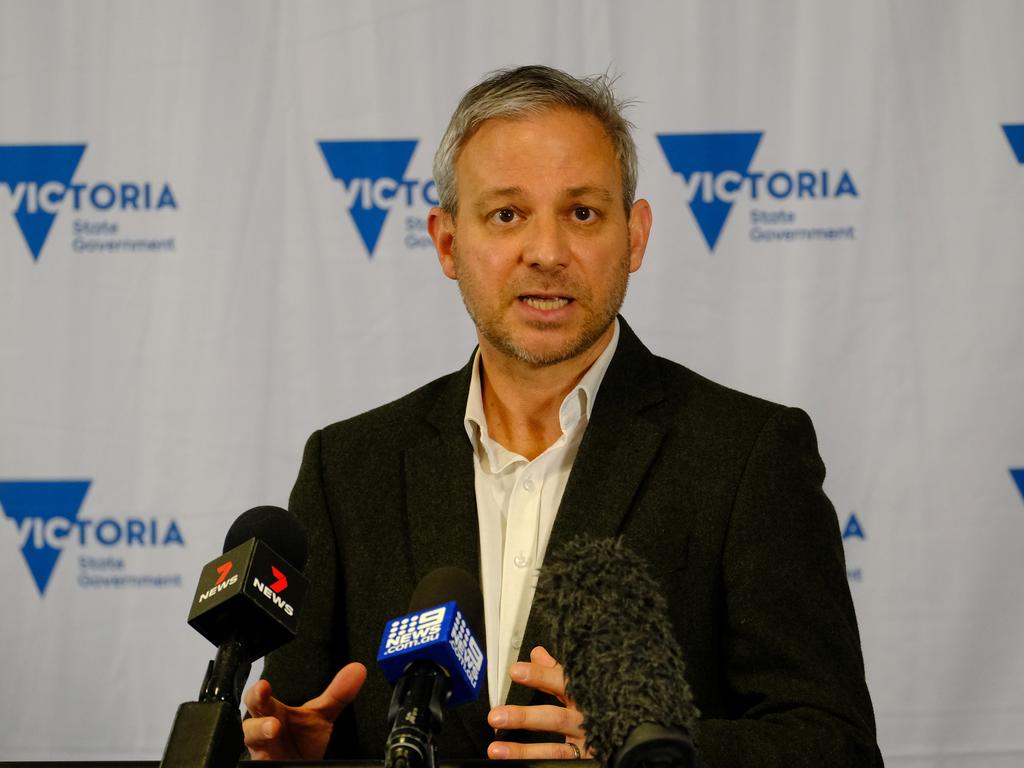Election ‘will be a logistical nightmare’
The Australian Electoral Commission is bracing for the first federal election in a pandemic, with new Covid-19 protocols set to delay vote counting.

The Australian Electoral Commission is facing a logistical nightmare ahead of the country’s first pandemic federal election, with new Covid-19 protocols set to delay counting of votes and dramatically increase costs.
The AEC is preparing for multiple scenarios in the event parts of the country are locked down, fresh outbreaks of the Delta strain emerge and vulnerable Australians are impacted by restrictions.
With voting sites, count centres and 100,000 temporary election workers being finalised before polling day, the AEC is expected to follow a similar model to last year’s federal by-elections in Eden-Monaro and Groom.
Work is under way to source vote screen inserts, which will be placed inside booths and regularly cleaned to stop virus spread.
The AEC is also expected to use measures including asking voters to bring their own pen or pencils to vote, and have sneeze shields, sanitisers and social distancing rules in place.
In the event of lockdowns, the AEC is bracing for a spike in postal and pre-poll voting, which combined with Covid-19 logistic pressures will delay vote counting.
After the release of the four-phase reopening plan on Friday, Scott Morrison is now expected to wait until the country achieves at least 70 per cent vaccine coverage before heading to the election.
The Australian understands initial preparations for a November election ahead of the mid-year economic update have been shelved to get the government’s vaccine rollout back on track.
Under the national plan, Australia-wide vaccine coverage of 70 per cent and 80 per cent are required to move into the next two phases of reopening.
A senior government source said Coalition strategists were actively considering whether to repeat the 2019 strategy and hold an April budget in the run-up to an electoral showdown with Labor.
The earliest date that a House of Representatives and half Senate election could have been held is August 7, while the latest for both to be held is May 21 next year.
AEC spokesman Evan Ekin-Smyth said under electoral laws, a combination of in-person and postal voting must be available.
“Within these electoral laws, we are planning to effectively cater for the needs of all Australian voters, including those most vulnerable to Covid-19. At the forefront of the AEC’s planning is the safety of Australian voters, their access to voting and, as always, the utmost integrity of election results,” Mr Ekin-Smyth said.
“In short, the difficulties that the pandemic is currently causing is an incredibly complex overlay to what is already the planning and delivery of one of Australia’s largest peacetime logistic operations.”
Mr Ekin-Smyth said there would “likely be an increase to queue times for some Australians as well as processes that will impact on the speed of the count, which is an intensely manual operation involving a significant amount of transport”.
“The necessity for additional measures and a significant layer of contingency will of course mean the federal election will cost more than it otherwise would have,” Mr Ekin-Smyth said.
Last year’s Eden-Monaro by-election doubled in cost to almost $4m because of Covid-19 prevention measures. In a parliamentary submission published last year, the AEC said “the likely impact on the federal budget is clear”.
“Having multiple additional staff necessary at every polling location would have a significant impact on cost, particularly when applied to a national electoral event. This equates to an estimated 30 per cent increase in polling staff required, costing approximately an additional $13m,” the AEC submission said.
“Procuring specialised materials for Covid-19 prevention may raise the cost of running a federal election by in excess of $30m.”







To join the conversation, please log in. Don't have an account? Register
Join the conversation, you are commenting as Logout